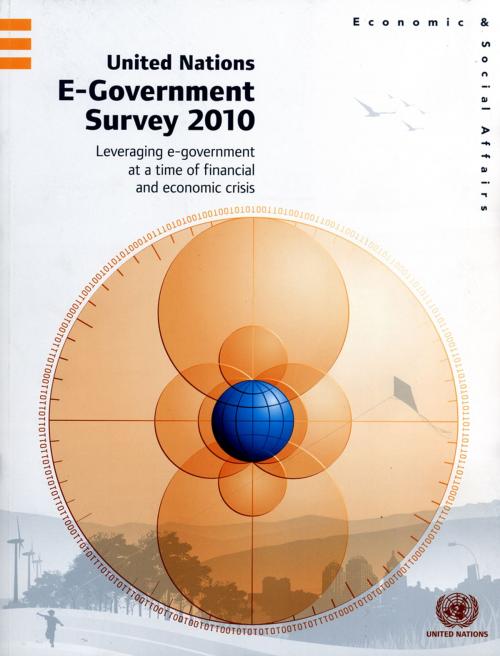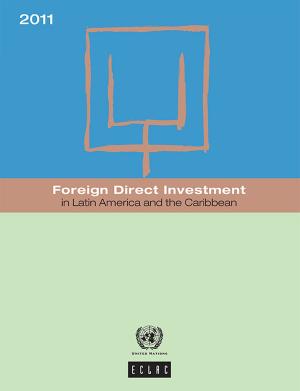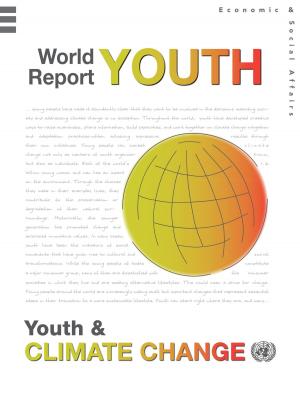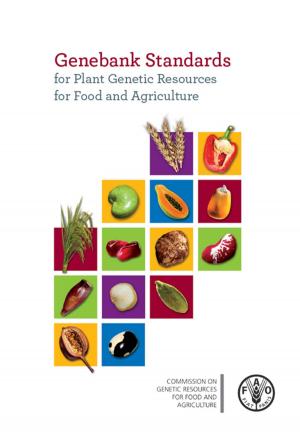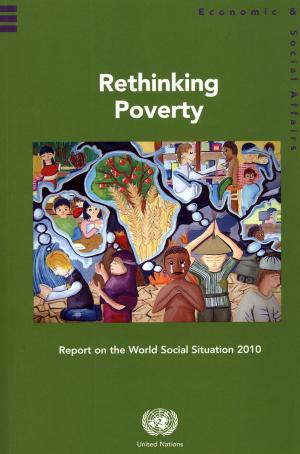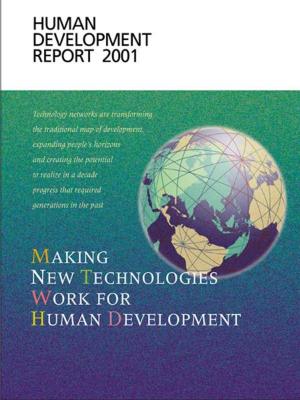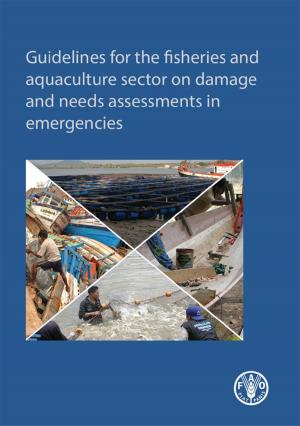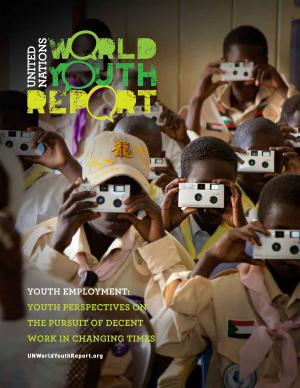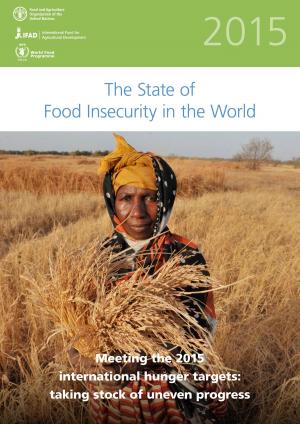United Nations E-Government Survey 2010
Nonfiction, Social & Cultural Studies, Political Science, International| Author: | United Nations | ISBN: | 9789211231830 |
| Publisher: | United Nations | Publication: | February 10, 2012 |
| Imprint: | Language: | English |
| Author: | United Nations |
| ISBN: | 9789211231830 |
| Publisher: | United Nations |
| Publication: | February 10, 2012 |
| Imprint: | |
| Language: | English |
The United Nations global survey of e-government presents a systematic assessment of the use and potential of information and communication technology to transform the public sector by enhancing transparency, efficiency, access to public services and citizen participation in all countries and at all levels of development. By studying broad patterns of e-government around the world, the report identifies leading countries in e-government development. It also suggests a way forward for those that have yet to take advantage of its tremendous power. The 2010 edition of the survey was prepared against a backdrop of financial and economic crisis that is putting tremendous pressure on governments to do more with less. The report examines transparency of stimulus funding and finds that open data the free sharing of government information based on common standards could do a great deal to assuage unease and regain the public trust. The authors also argue that e-government technology, while no substitute for good policy, may provide regulators with a much-needed means of grappling with the speedand complexity of financial markets. Similarly, e-government can add agility to public service delivery and help governments respond to an expanded set of demands even as revenues fall short and deficits soar. This survey, the fifth in the United Nations e-government series, tells us how.
The United Nations global survey of e-government presents a systematic assessment of the use and potential of information and communication technology to transform the public sector by enhancing transparency, efficiency, access to public services and citizen participation in all countries and at all levels of development. By studying broad patterns of e-government around the world, the report identifies leading countries in e-government development. It also suggests a way forward for those that have yet to take advantage of its tremendous power. The 2010 edition of the survey was prepared against a backdrop of financial and economic crisis that is putting tremendous pressure on governments to do more with less. The report examines transparency of stimulus funding and finds that open data the free sharing of government information based on common standards could do a great deal to assuage unease and regain the public trust. The authors also argue that e-government technology, while no substitute for good policy, may provide regulators with a much-needed means of grappling with the speedand complexity of financial markets. Similarly, e-government can add agility to public service delivery and help governments respond to an expanded set of demands even as revenues fall short and deficits soar. This survey, the fifth in the United Nations e-government series, tells us how.
